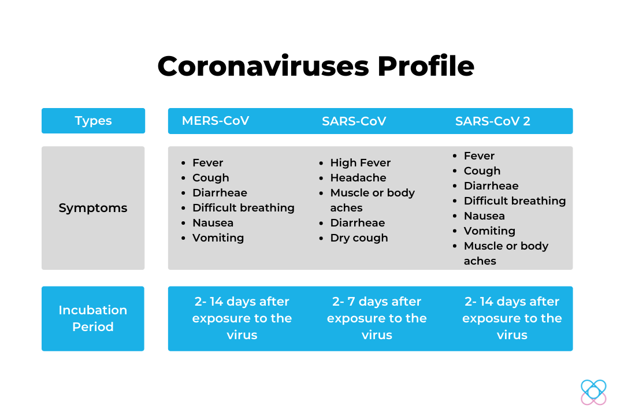Risk
Based on your genetics, your genetic predisposition for Risk is
What does this mean?
Your genotype indicates that you have low susceptibility to coronavirus infection upon exposure to the virus.
How Is Your Calculated?
This result is based on the SNPs(single nucleotide polymorphism)that are associated with Risk.
Severity
Based on your genetics, your genetic predisposition for Severity is
What does this mean?
Your genotypes indicate that you have negative risk for Severity.
How Is Your Calculated?
This result is based on the SNPs(single nucleotide polymorphism)that are associated with Severity.
Prevention
Hand Sanitizer
- Frequent hand washing and the use of alcohol-based hand sanitizers is one of the most effective protections against coronavirus. Washing hands often with soap and water for at least 20 seconds is essential, especially after going to the bathroom; before eating; and after coughing, sneezing, or blowing one’s nose.
- If soap and water are not available, WHO recommends consumers use an alcohol-based hand sanitizer that contains ethanol concentrations between 60% and 95%.
- If a hand sanitizer does not list alcohol as an ingredient or if it indicates less than 60% alcohol, it may not be effective.
Social Distancing
- One of the most effective protections against coronavirus infection is social distancing. Social distancing means “remaining out of congregate settings, avoiding mass gatherings, and maintaining distance at least 6 feet (about 2 arms’ length) from other people who are not from your household in both indoor and outdoor spaces.
Self-Quarantine and Self-Isolation
- "Self-quarantine” is separating yourself from others if you think you’ve been exposed to coronavirus, such as if some you’ve been around has tested positive for coronavirus infection. This usually involves staying at home and avoiding interacting with other people for a period of time advised by your health authority.
- “Self-isolation” is separating yourself from others after testing positive for coronavirus. Self-isolation may also be necessary if you think you may be infected by coronavirus, such as if you have symptoms of coronavirus infection but have not yet been tested for coronavirus.
Scientific Reliability of References
The Advanx Health Scientific Reliability Scoring System is based a list of set criteria to evaluate the relevance, reliability, and strength of each reference source that are used in our reports. For more details about the Scientific Reliability Scoring System, check out http://www.advanxhealth.com/our-science
Overall Score
4.0 / 5.0

